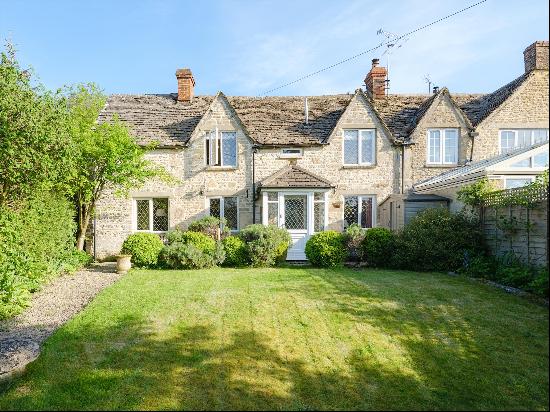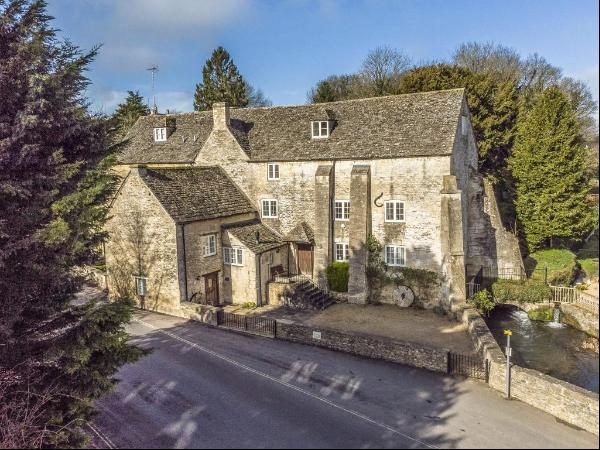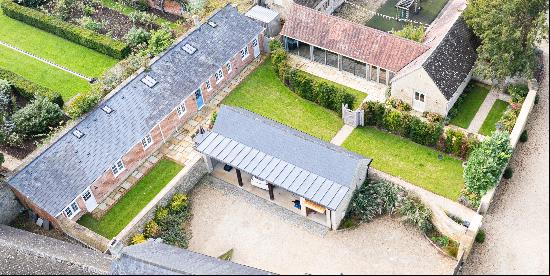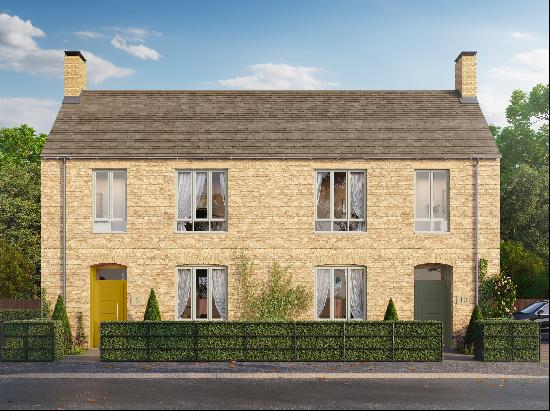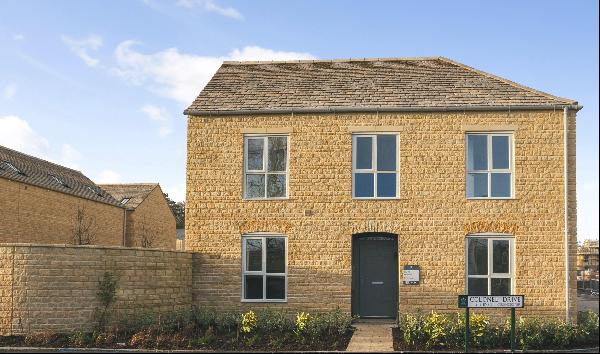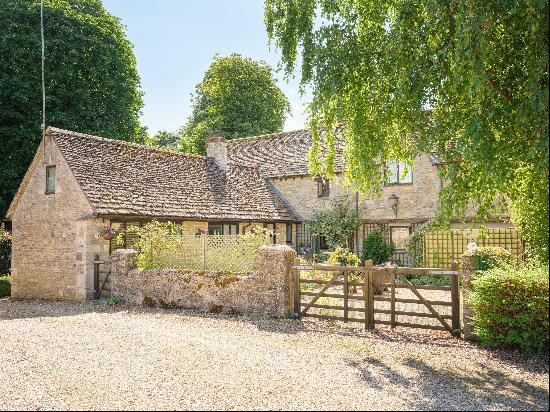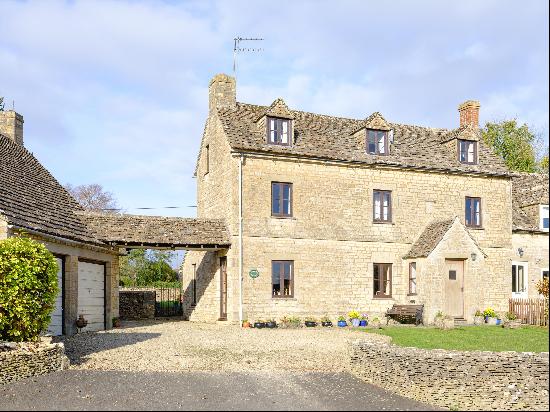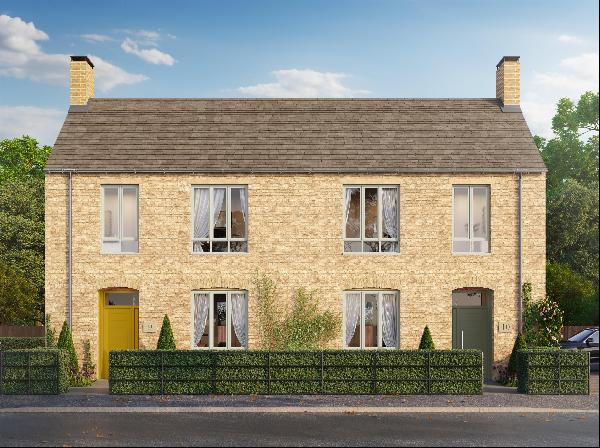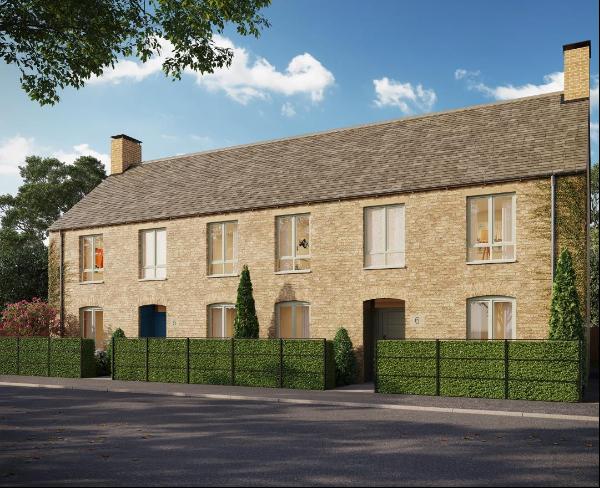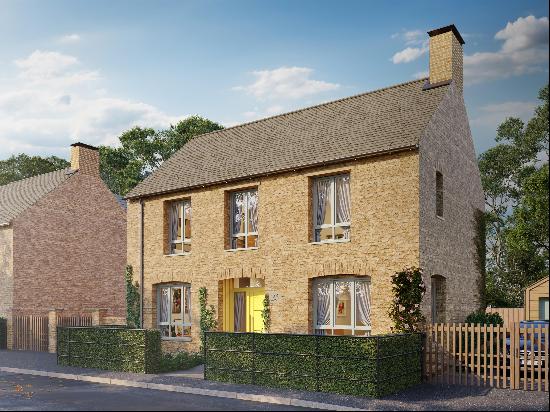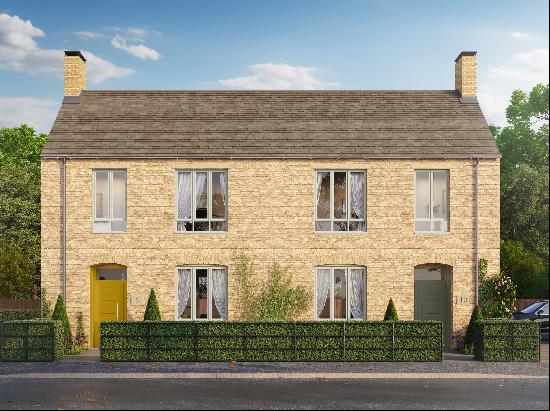
By Susie Mesure
Most English country homes come with a garden but Waiten Hill House is more a garden that comes with a house. The six-bedroom property in Gloucestershire, which is on the market for £4.5mn, sits in 21 acres of rolling countryside that include a vast meadow.
“It’s what made us fall in love with the house,” says Heléna Spinks, who moved to the property with her husband, John and two sons almost 20 years ago. “It's in the centre of the land, down a lovely, long, tree-lined drive.”
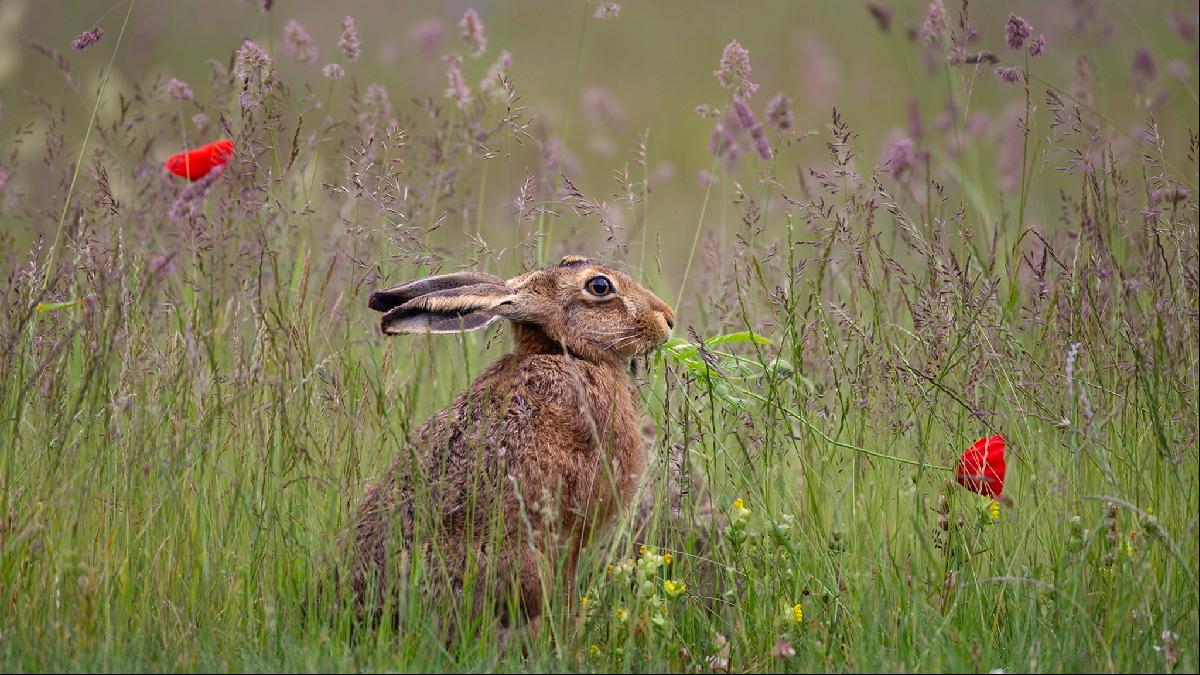
Heléna and John were running companies in marketing and software respectively when they bought the property and thought that the space, both inside and out, would be ideal for work and family gatherings. The grounds around the house, which is believed to date back to the mid-1800s, include 1.5 acres that came with a covenant preventing it from being used for agriculture or development. These restrictions were established by the Ernest Cook Trust (set up by the grandson of the travel company founder, Thomas Cook), who had sold the land to the previous owners.
When she retired, 13 years ago, Heléna took a one-year garden and horticultural design course, and the couple decided to re-wild the plot. They introduced native flowers, plants and trees to improve the biodiversity of the site and extended the ponds. Nature had its own plans, however. “Some of the new plantings disappeared,” says Heléna, “and many new species of plants have arrived on their own.”
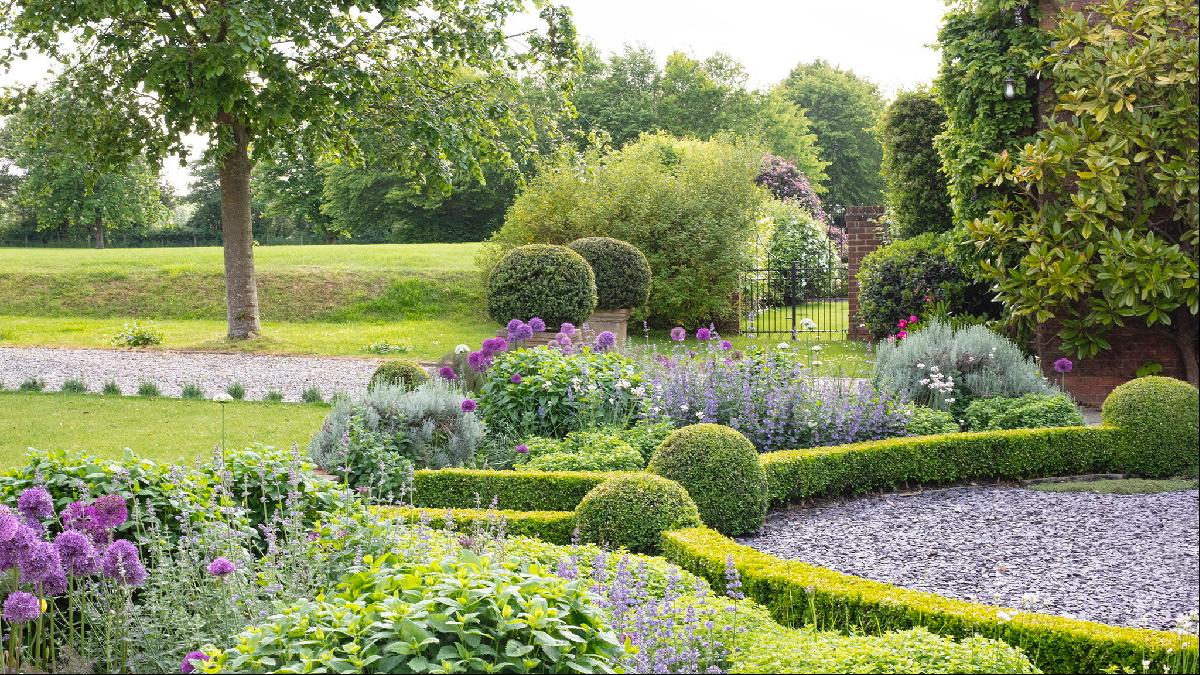
The couple also created a wild flower meadow on a separate kidney-shaped patch of land. “It has taken 10 years and a lot of trial and error,” she says. “We planted thousands of bulbs and plug plants. Some thrived and some didn’t — but we kept working on it.” The floral show starts in the spring and ranges from wild daffodils and snake’s head fritillaries to musk mallow and ox-eye daisies. The flowers attract a number of flying visitors including painted lady butterflies and burnet moths.
The grounds — and the wildlife that was drawn to it — inspired Heléna to pursue her passion for wildlife photography and she built a hide in the wilderness area. “I would get up at 5am in the spring and early summer to photograph the hares. The mist would be coming up and then the sun; it was magical,” she says. “Getting to know the wildlife is what makes this place really special.” A photograph she took of a hare eating a poppy was highly commended in the RHS Photographic Competition, in 2018.
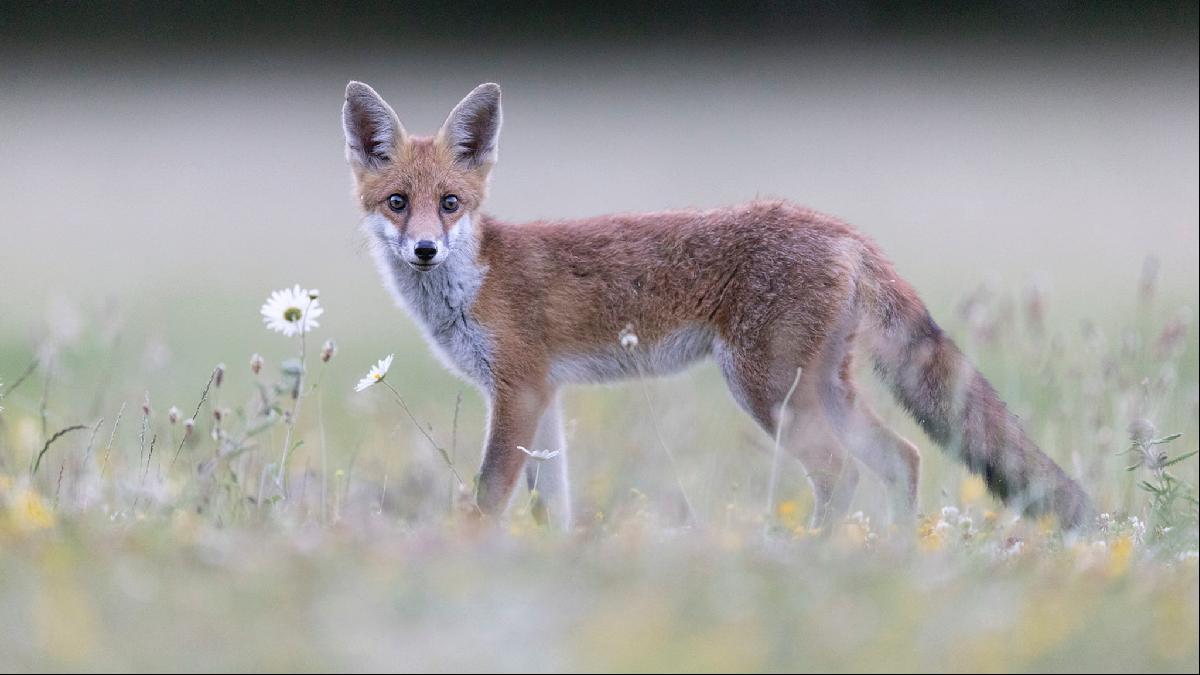
As the land wraps around the house, says Heléna, there is always somewhere sunny to sit for a coffee, starting with the front garden in the morning, which is planted with herbs, alliums and box hedges and where goldfinch and redwing arrive in the autumn to feast on seed heads. A sheltered courtyard on one side is a good spot for when it is windy and in the evenings, a lavender garden at the back is a nice place to take in the last light of the day.
“We have a huge table with a blue slate top; it’s like being in Italy, with the whole family around it, eating and watching the sun go down,” says Heléna. The Spinks will be sad to leave but feel the house needs another family to enjoy the space. “We are buying a derelict, waterfront house near Fowey, in Cornwall, that is surrounded by National Trust land,” says Heléna. “But it will be a huge wrench to leave Waiten Hill, particularly given all the wildlife and what we’ve done with the garden.”
Photography: Heléna Spinks; Strutt & Parker



